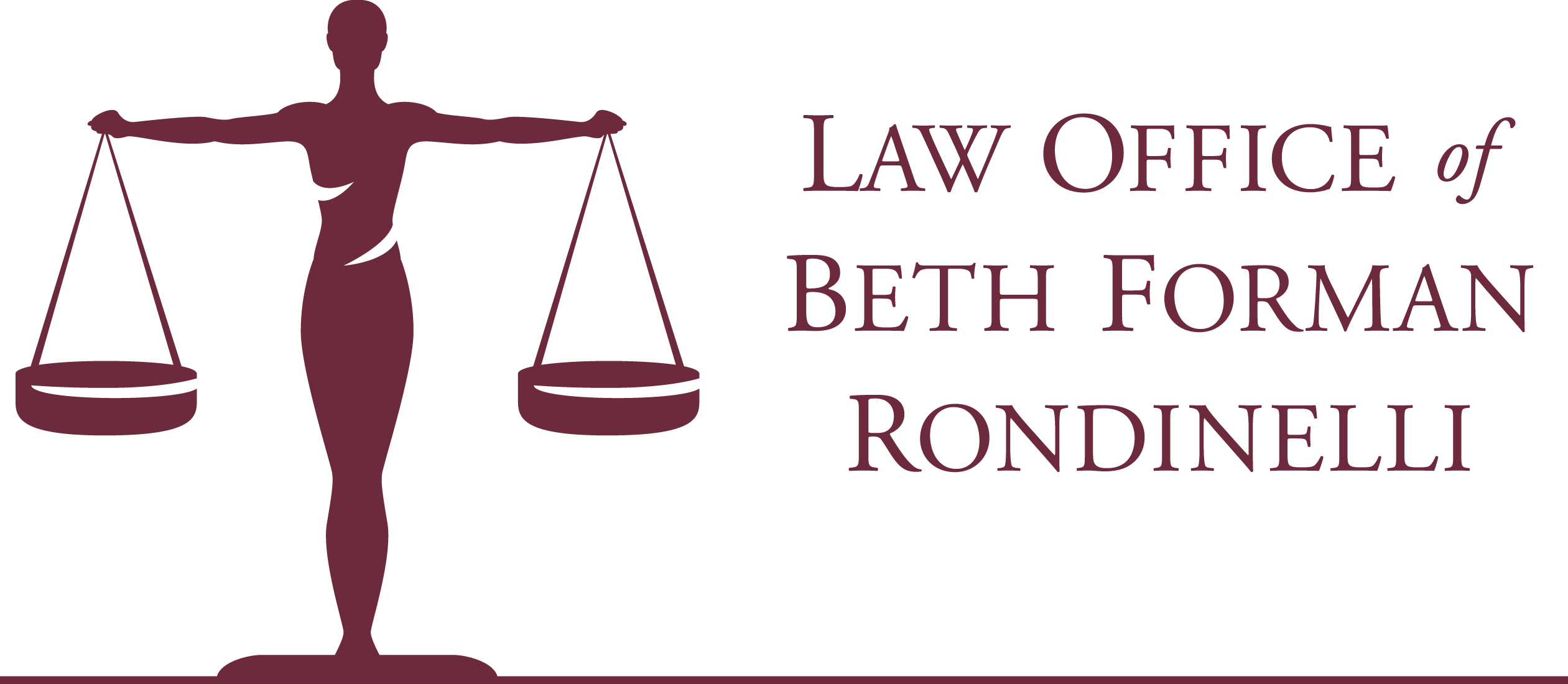Would you believe that once your child reaches the age of 18, you will no longer automatically have the legal right to help with your child’s medical or financial affairs? To ensure that you are able to continue to serve your adult child’s best interests, it is imperative that 3 legal documents be in place. These will also protect your child in the event of an injury, sickness, and incapacitation.
For example, consider the following:
Your 18-year-old daughter, while living away at college, suffered a fall and is rushed to the hospital
Your 22-year-old son, while away on a semester abroad or on spring break, is hospitalized
Your 35-year-old single daughter, suffers from an addiction and has been admitted in inpatient treatment
In each case above, when you discover your adult child is in need of medical attention, you right away try to obtain some information on your child’s condition. Unfortunately, when you tell the medical personnel your child’s age, you may hear that no information will be disclosed to you, nor will you be able to make any medical decisions regarding your child’s care. If this happens, an emergency petition for Guardianship will need to be filed at the courthouse, a lawyer will need to be retained, a hearing will need to be scheduled, testimony will need to be taken, and thousands of dollars will have been spent unnecessarily during a time that you will be taxed emotionally.

These tragic consequences can likely be avoided with these three legal documents:
1. General Durable Power of Attorney
This legal document allows you, as the child’s named “agent” you to make financial decisions on your child’s behalf. For example, you would be able to pay bills, authorize payments, manage bank accounts, sign tax returns, apply for governmental benefits, and handle any other financial or legal matters that need attention. Without this critical document, court intervention is necessary.
2. Healthcare Power of Attorney/Advance Directive/Living Will
Your child should have a Healthcare Power of Attorney/Advance Directive/Living Will, wherein you are named as his/her “medical agent.” This authorizes you to review your child’s medical records and make medical decisions on his/her behalf. Otherwise, without this document, healthcare treatment and decisions will be made by medical personnel.
3. HIPAA Authorization Form
HIPAA, or the Health Insurance Portability and Accountability Act of 1996, provides, subject to severe penalties, that healthcare providers are not legally permitted to disclose health information to anybody (including you) about your child. Consequently, a HIPAA authorization, signed by your adult child and naming you as an authorized person, is so vital. It gives you the ability to request and receive information from healthcare providers about your child’s medical status, procedures implemented and treatment options. Without an executed HIPAA authorization, you would need to go to court to assist your child with their health matters.
As you can see, these 3 legal documents are extremely helpful, actually critical, in the continuity of financial or medical assistance that you provide your child. Attaining the age of majority has some benefits, but also carries with it the consequences of Pennsylvania recognizing that your “baby” has grown up and no longer needs his/her parent. Quite the contrary – as I’m sure you’ll agree – they may need us even more!
Right now, I’m providing a Peace of Mind Package for adult, unmarried children, which includes the above 3 documents for a fee of only $300. Having this paperwork is essential in continuing to be the best parent you can be. In fact, on my daughter Rachel’s 18th birthday, she signed the documents before she blew out the candles on her cake!
Please contact me here or 484-593-0032 or my Facebook Page, Law Office of Beth Forman Rondinelli.

